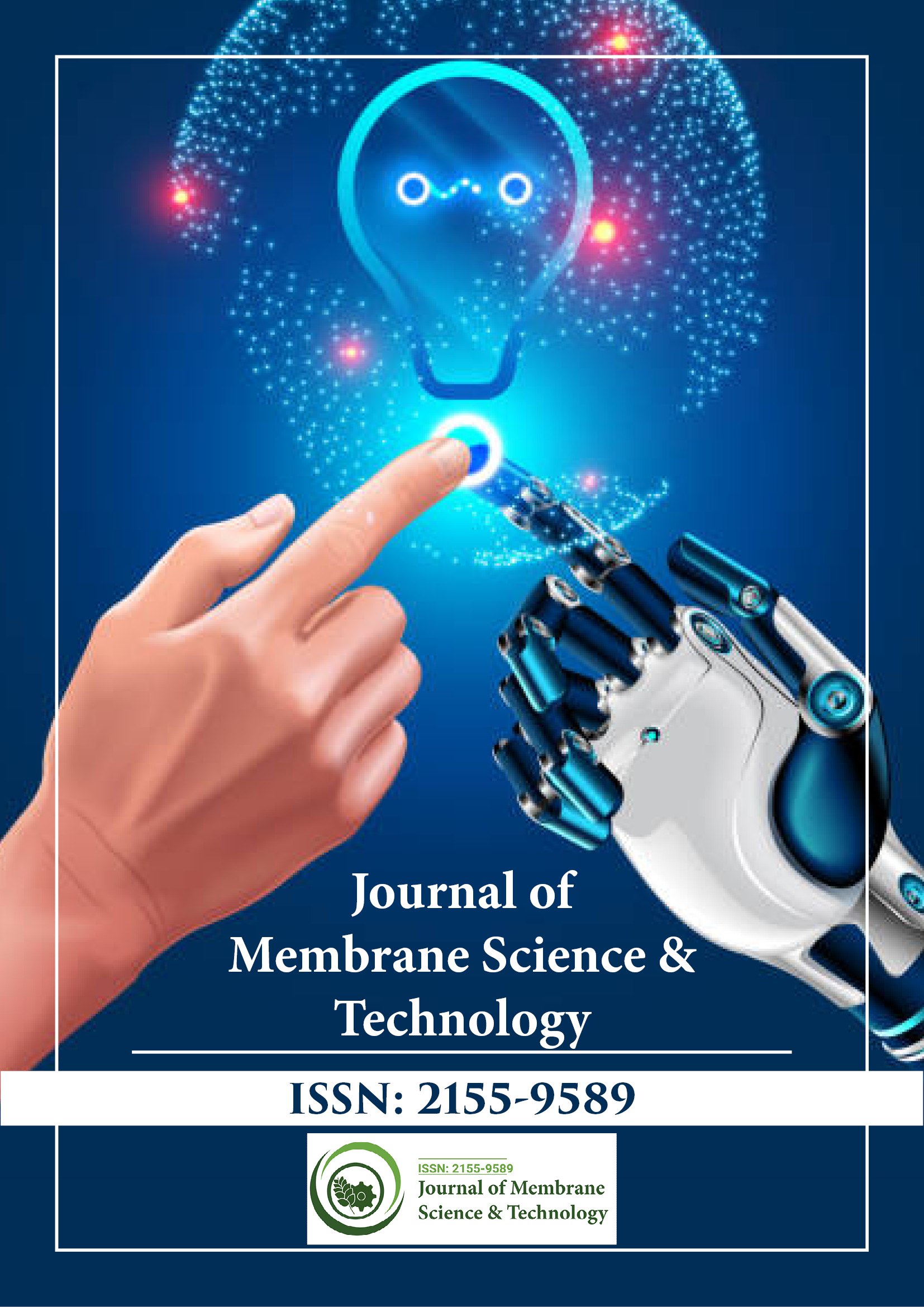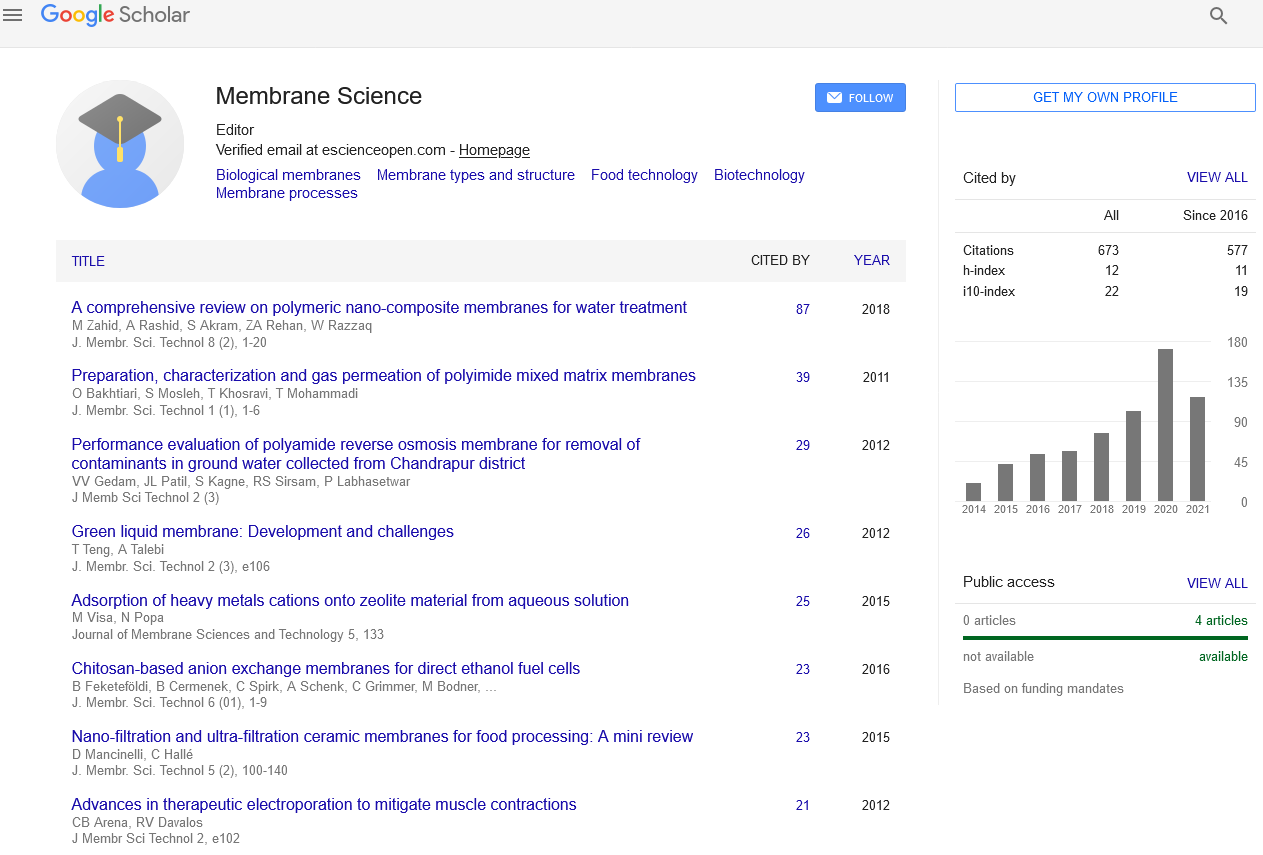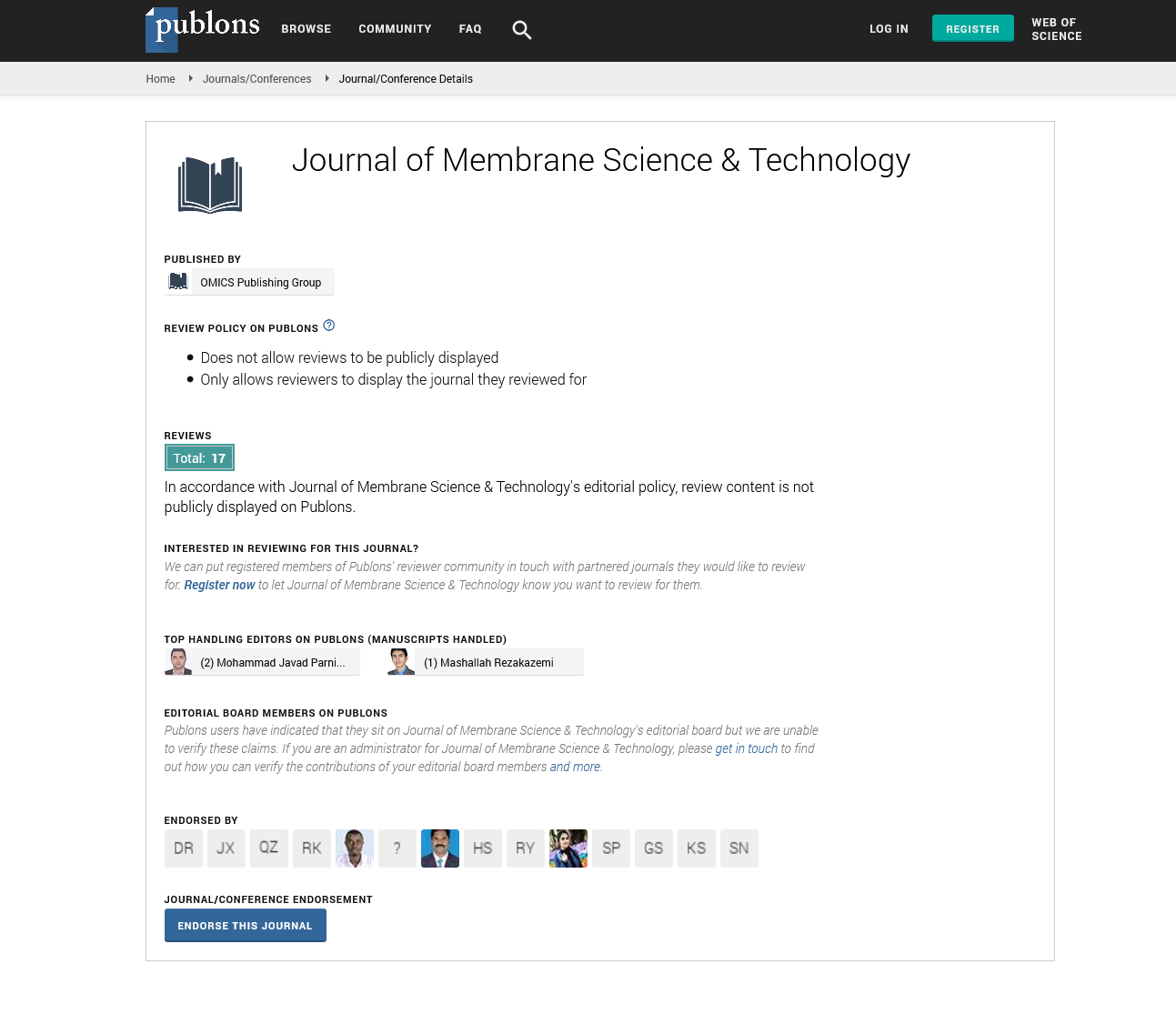Indexed In
- Open J Gate
- Genamics JournalSeek
- Ulrich's Periodicals Directory
- RefSeek
- Directory of Research Journal Indexing (DRJI)
- Hamdard University
- EBSCO A-Z
- OCLC- WorldCat
- Proquest Summons
- Scholarsteer
- Publons
- Geneva Foundation for Medical Education and Research
- Euro Pub
- Google Scholar
Useful Links
Share This Page
Journal Flyer

Open Access Journals
- Agri and Aquaculture
- Biochemistry
- Bioinformatics & Systems Biology
- Business & Management
- Chemistry
- Clinical Sciences
- Engineering
- Food & Nutrition
- General Science
- Genetics & Molecular Biology
- Immunology & Microbiology
- Medical Sciences
- Neuroscience & Psychology
- Nursing & Health Care
- Pharmaceutical Sciences
Zhiqian Jia

Zhiqian Jia
Associate Professor
College of Chemistry
Beijing Normal University
Beijing, China
Tel: (O) 86-010-58802945; (H) 86-010-58210560
Beijing Normal University
China
Biography
Zhi-Qian Jia received his B.Sc. degree in Applied Chemistry from Central South University of China in 1992 and M.Sc. degree in Chemical Engineering from Beijing University of Chemical Technology in 1997. Zhi-Qian Jia obtained his Ph.D. in Environmental Engineering at the Chinese Academy of Science under the supervision of Prof. Z. Z. Liu in 2002. Dr. After a postdoctoral stint at the Chinese Academy of Science with Prof. J.N. Yao, he joined the faculty of Beijing Normal University in 2004 as an assistant professor. Since 2007, Dr. Jia has been an associate professor at College of Chemistry, Beijing Normal University. Since July 2014, Dr. Jia has been a visiting scholar at Prof. Winston Ho’s Lab in Department of Chemical and Biomolecular Engineering, the Ohio State University, USA. Dr. Jia’s research interests focus on the membrane reactor, membrane contactor, and preparation of membranes. Dr. Jia firstly reported the membrane dispersion reactor for preparation of nanoparticles, synthesis of polyaluminum chloride, and parallel competing reactions. He also firstly employed membrane gas-liquid contactor for preparation of nanoparticles and bubble-free catalytic hydrogenation, and catalytic membrane liquid-liquid reactor for phase-transfer reactions. In the preparation of membranes, he firstly reported covalent crosslinking of graphene oxide membranes with adjustable intersheets spacing. He also investigated the postsynthetic modification of MOFs, solid-extraction membranes, mixed-matrix membrane, as well as preparing nanomaterials by sol-gel, hydrothermal, complex conversion, etc. Dr. Jia was principal investigator of several NSFC projects, and published about 40 papers on SCI journals and 3 professional books.
Research Interest
postsynthetic modification of MOFs, solid-extraction membranes, mixed-matrix membrane, as well as preparing nanomaterials by sol-gel, hydrothermal, complex conversion, etc.


